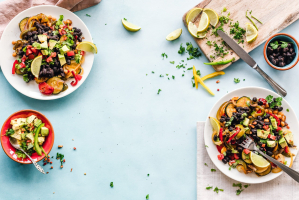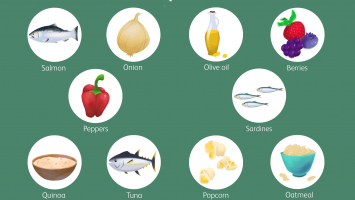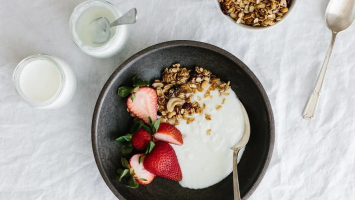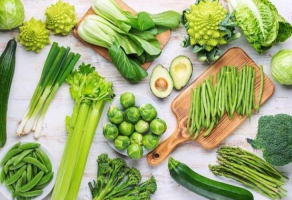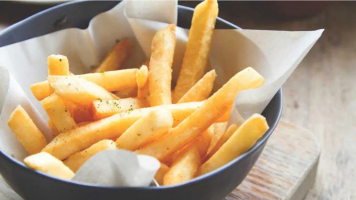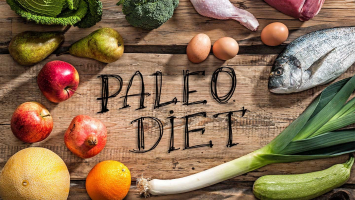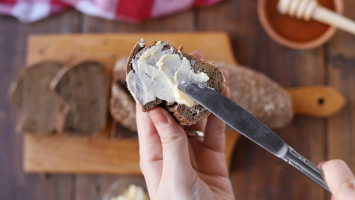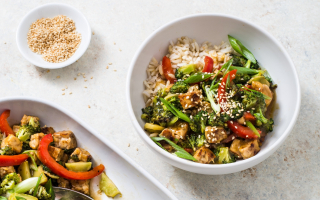Top 5 Ways to Avoid Hydrogenated Oil
In order to reduce costs and help extend shelf life, food companies use hydrogenated oil. A liquid unsaturated fat can be made into solid fat by the process of ... read more...hydrogenation. However, this procedure is unhealthy because it has been related to a lot of diseases, including coronary artery disease, high blood cholesterol, and more. Or if you’re trying to reduce your intake of saturated fat, you might avoid this oil. Below are some ways to avoid this unhealthy oil.
-
To keep foods fresher for longer, food producers use a type of fat called hydrogenated oil. Manufacturers use the process of hydrogenation to turn a liquid fat, such as vegetable oil, into a solid fat that solidifies at room temperature. Trans fat was deemed to not be "generally recognized as safe" by the FDA in 2015, and it was required that it be phased out by 2018. Trans fat, however, could still be present in some foods.
The foods that are highly processed and high in saturated fat are the ones that typically contain hydrogenated oils, such as:
- Margarine
- Vegetable shortening
- Packaged snacks
- Baked foods, especially premade versions
- Ready-to-use dough
- Fried foods
- Coffee creamers, both dairy and nondairy
- ...
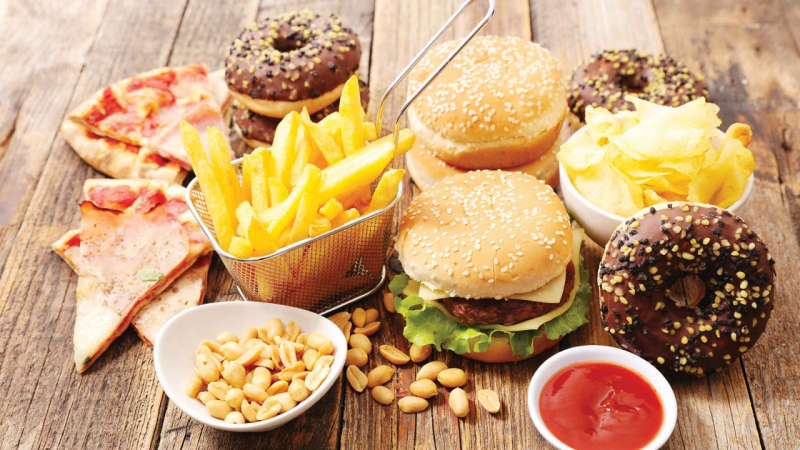
Know the common culprits 
Know the common culprits -
Reading the product label and the ingredients list is essential if you want to find hydrogenated oils. Check for "hydrogenated" terms, such as "hydrogenated soybean oil".
Any food product that contains partially hydrogenated oil should be avoided due to the risks linked with trans fat. In the ingredients list, look for the phrase "partially hydrogenated", for example, “partially hydrogenated vegetable oil”. A product does not necessarily mean it is devoid of trans fats just because it is marked as such on the label. The U.S. Food and Drug Administration (FDA) states that a business may declare a product free of trans fats if the actual content is 0.5 grams or less per serving. This is not equivalent to 0 grams.
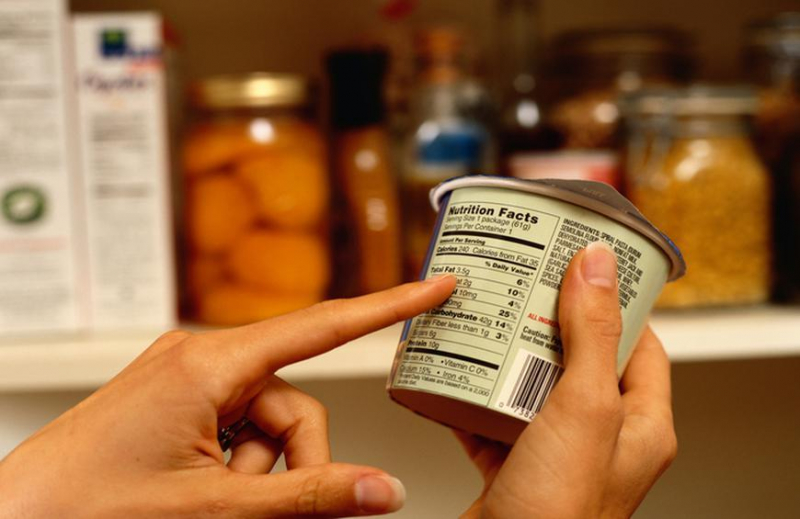
Read food labels carefully 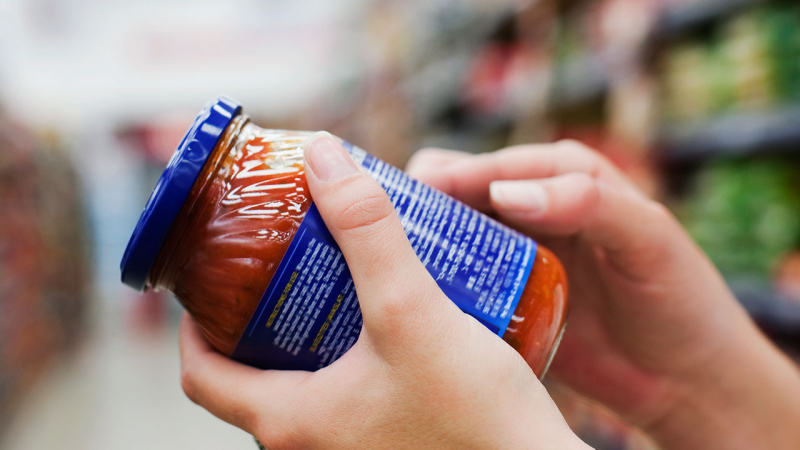
Read food labels carefully -
While shortening and margarine are simple to use in cooking, they frequently include hydrogenated oils. Instead, use heart-healthy plant or vegetable oils like avocado, safflower, or olive oil.
According to The American Heart Association, liquid vegetable oils are the best option for your heart health. Along with a high level of unsaturated fats, they contain additional substances that are important for your health. Safflower oil may lessen inflammation, blood lipids, and blood sugar, according to a 2011 study. Other oils that have been proven to be heart-healthy include olive oil and avocado oil. If you want to reduce your intake of fat and calories, think about baking and broiling your food instead of frying it.
Use vegetable oils for cooking 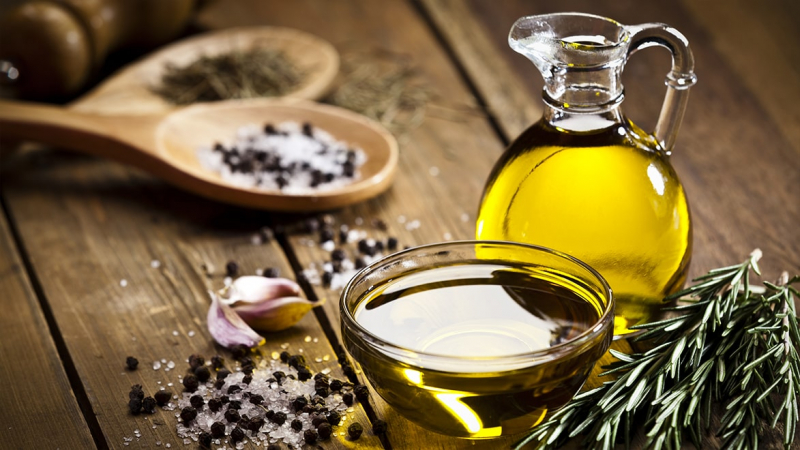
Use vegetable oils for cooking -
Trans fat is the worst type of fat to consume because it lowers your body's "good" cholesterol and raises the "bad" kind. And unfortunately, because partially hydrogenated oils are essential for food preservation, packaged foods frequently include hydrogenated fat.
But one thing that is worth noting is foods without trans fats are not necessarily better for you. Many manufacturers substitute unhealthy fats like palm kernel and palm oil for trans fats. So it's a good idea to reduce your dependence on packaged foods. At first, cut out one type of food at a time. For instance, prepare your own rice and potatoes rather than relying on pre-seasoned, packaged alternatives.

Limit packaged foods 
Limit packaged foods -
A balanced diet might include snacks as a crucial part. They can keep you full until your next meal, avoid overeating, and prevent blood sugar decreases. The problem is that hydrogenated oil is used in a lot of quick snacks. Choose more filling whole-food snacks, such as:
- Mixed nuts
- Carrot sticks
- Apple slices
- Bananas
- Plain yogurt
- ...
When eating packaged foods like hummus, peanut butter, and flavored yogurt with these snacks, keep an eye out for any cautions on the label. Look into these high-protein, kid-friendly, weight-loss, and diabetes-friendly snacks for some delicious snacking ideas.
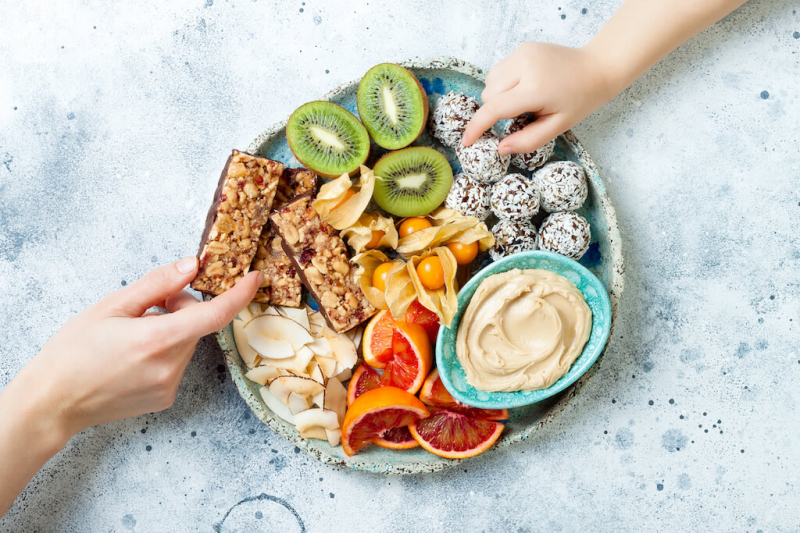
Make over your snacks 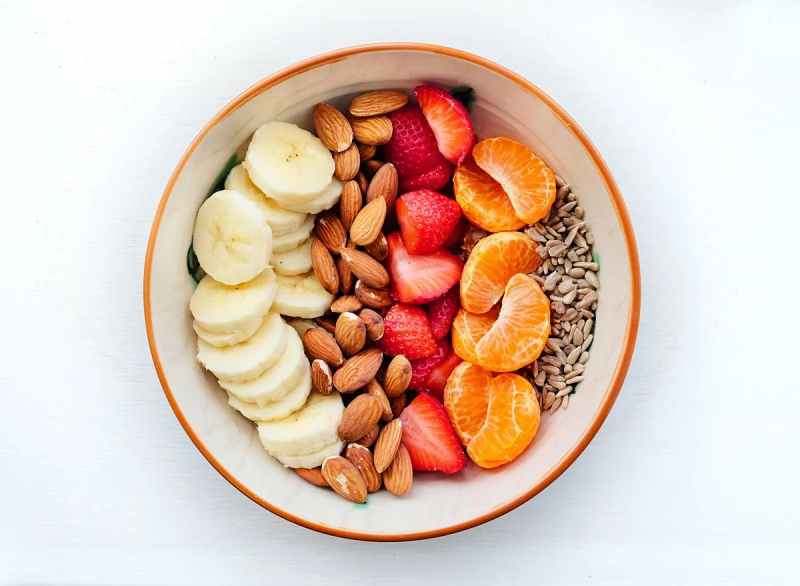
Make over your snacks








